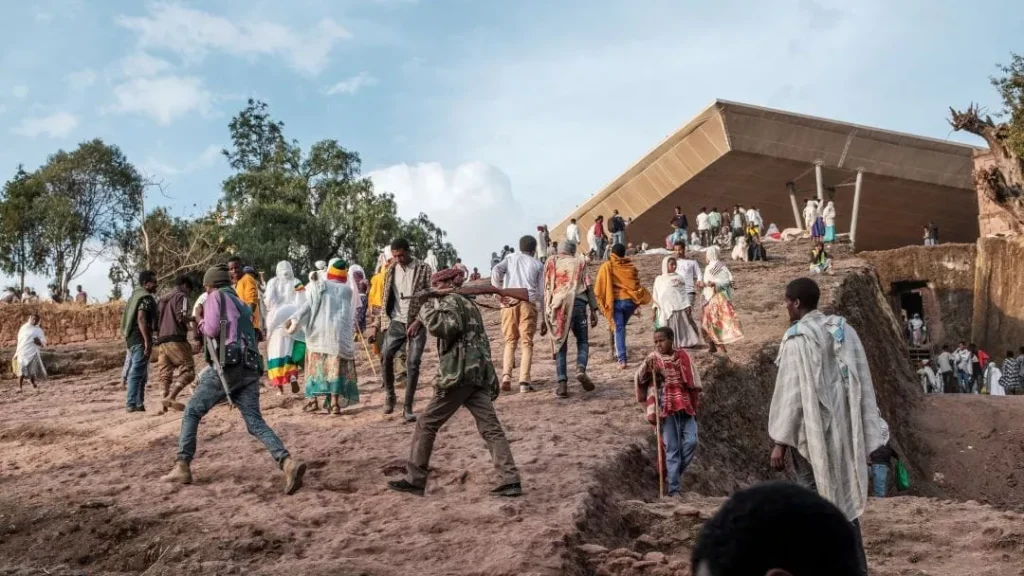The prolonged conflict in the Amhara region of Ethiopia has pushed its health system to the brink, a senior government official warned on Tuesday.
Clashes between federal forces and the Fano militia, which erupted in April 2023, have devastated the region, home to 23 million people. Despite the lifting of a state of emergency in June 2024, unrest persists, with federal troops heavily deployed since September.
“The impact of this conflict on health and humanitarian services has been catastrophic,” said Ayele Teshome, Ethiopia’s state minister of health, during a press briefing in Addis Ababa.
Access to healthcare has significantly deteriorated, with rural and marginalised communities suffering the most, Teshome explained. He highlighted alarming levels of acute malnutrition, particularly among children and vulnerable women, and issued an urgent appeal for international aid.

Humanitarian efforts face severe challenges due to persistent insecurity, including frequent kidnappings for ransom. At least eight aid workers were killed in Ethiopia between January and August 2024, six of whom died in Amhara, according to the UN’s Office for the Coordination of Humanitarian Affairs (OCHA).
The unrest in Amhara followed the federal government’s controversial decision to disarm regional forces. The Fano militia, considering itself a self-defence group, responded with armed resistance.
Tensions were further inflamed by a 2022 peace agreement that ended a two-year war in neighbouring Tigray. Amhara forces and the Fano militia, who supported federal troops during the Tigray conflict, felt sidelined by the deal, citing unresolved territorial disputes with Tigray.
The United States has expressed concern over escalating violence in Amhara, urging negotiations to restore stability. However, with the region’s health system nearing collapse and humanitarian access severely constrained, the crisis remains a pressing challenge for Ethiopia and the global community.


